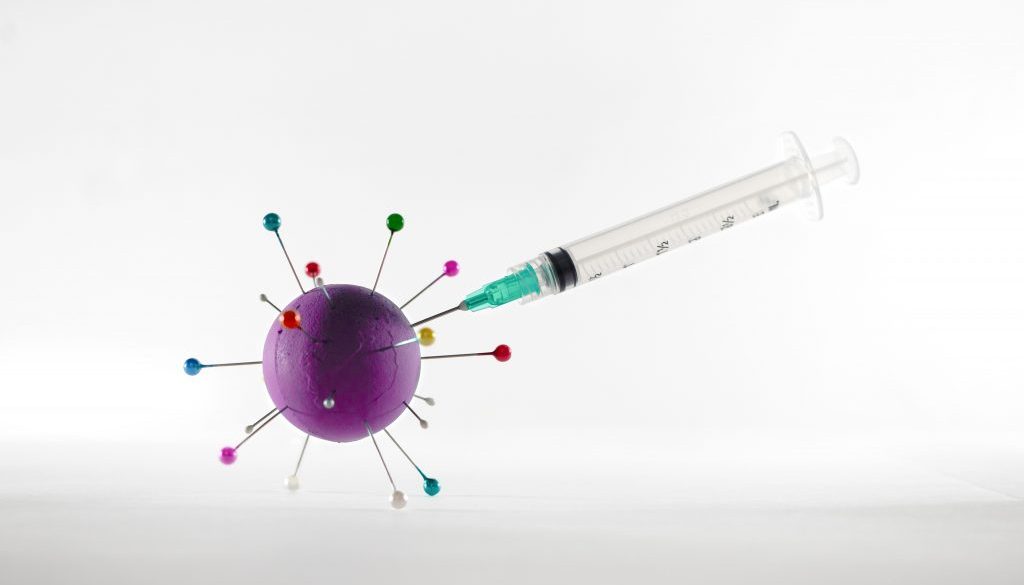Covid 19 vaccines: Pfizer-BioNTech vs CoronaVac
The first batch of 312,390 doses of Pfizer-BioNTech vaccine safely arrived in Malaysia through the national entry points at Kuala Lumpur International Airport (KLIA), Sepang, Johor and Penang on 21 Feb 21. Malaysia received its second batch of 182,520 doses of Pfizer-BioNTech vaccine on 24 Feb 21 for distribution to states that have yet to receive the vaccine. Malaysia is set to receive China’s Sinovac Covid-19 vaccine on 27 Feb 2021, about a week after the first shipment of the Pfizer-BioNTech vaccine reached Malaysia, awaiting final approval from authorities, which will further strengthen the country’s economic recovery path. Some are curious about the vaccines details, so I’m compiling data to write this article to understand what the difference between these 2 vaccines: –
- Pfizer-BioNTech vaccine is a COVID-19 vaccine developed by the German company BioNTech in cooperation with Pfizer. CoronaVac is an inactivated virus COVID-19 vaccine developed by Sinovac.
- Pfizer-BioNTech vaccine is the first COManyVID-19 vaccine to be authorized by a stringent regulatory authority while CoronaVac is in Phase III clinical trials in Brazil, Chile, Indonesia, Philippines and Turkey.
- CoronaVac does not need to be frozen, and both the vaccine and raw material for formulating the new doses could be transported and refrigerated at 2–8 °C (36–46 °F), temperatures at which flu vaccines are kept. CoronaVac could remain stable for up to three years in storage, which might offer some advantage in vaccine distribution to regions where cold chains are not developed. On the other hand, Pfizer-BioNTech vaccine is having issues in distribution and storage because it needs to be stored at temperatures between −80 and −60 °C (−112 and −76 °F), until five days before vaccination when it can be stored at 2 to 8 °C (36 to 46 °F), and up to two hours at temperatures up to 25 °C (77 °F) or 30 °C (86 °F).
- For Pfizer-BioNTech vaccine, an interim analysis of study data showed a potential efficacy of over 90% in preventing infection within seven days of a second dose. For CoronaVac, Brazil announced results on 13 Jan 2021 showing 50.4% effective at preventing symptomatic infections, 78% effective in preventing mild cases needing treatment, and 100% effective in preventing severe cases. Phase III results from an interim analysis of a small sample were announced by Turkey on 24 Dec 2020 with an efficacy of 91.3%. Additional results were announced by Indonesia on 11 Jan 2021 with an efficacy of 65.3%.
- Immunization schedule for CoronaVac is two doses at 2 weeks’ interval. On the other hand, Pfizer-BioNTech vaccine requires two doses given three weeks apart.
- The most common side effects of Pfizer-BioNTech vaccine include mild to moderate pain at the injection site, fatigue, and headache. No detailed breakdown or information relating to side effects of CoronaVac but it has showed some minor fatigue or discomfort on patients tested on the vaccine. The Food and Drug Monitoring Agency of Indonesia mentioned it has no critical side effect.
**Info compiled from https://en.wikipedia.org/wiki/CoronaVac, https://en.wikipedia.org/wiki/Pfizer%E2%80%93BioNTech_COVID-19_vaccine, https://www.cdc.gov/vaccines/covid-19/info-by-product/pfizer
************************************************************************
You can receive constant broadcast message relating to wealth creation to financial freedom through Telegram. Click here to subscribe to the telegram for the weekly newsletter.


